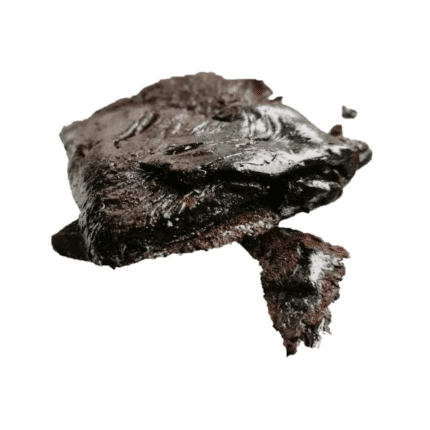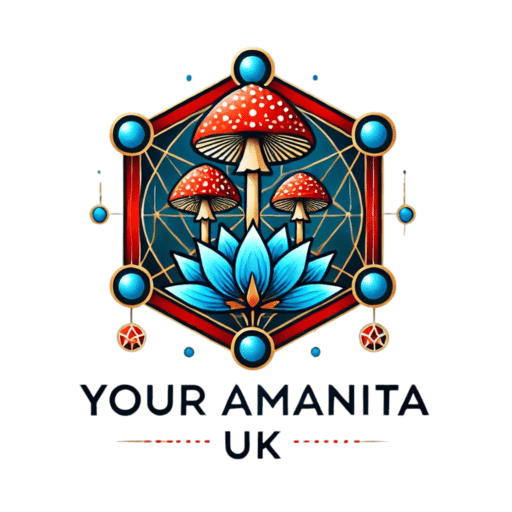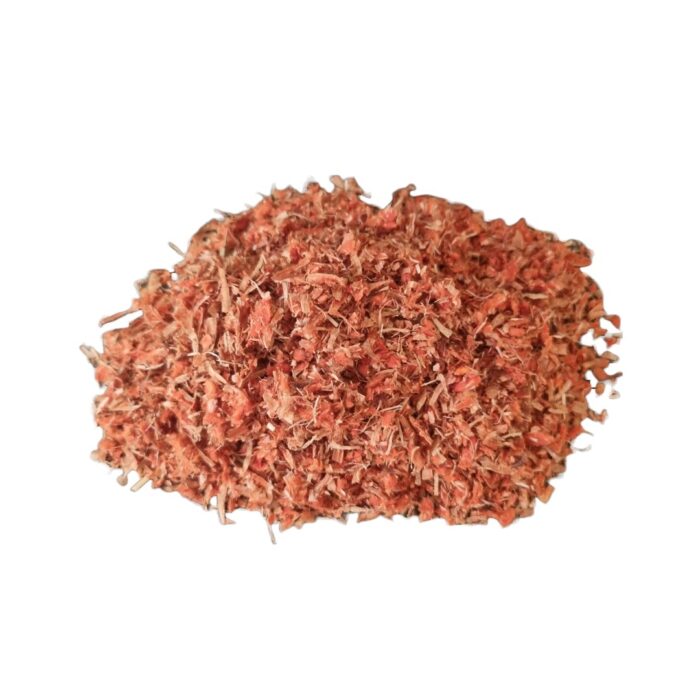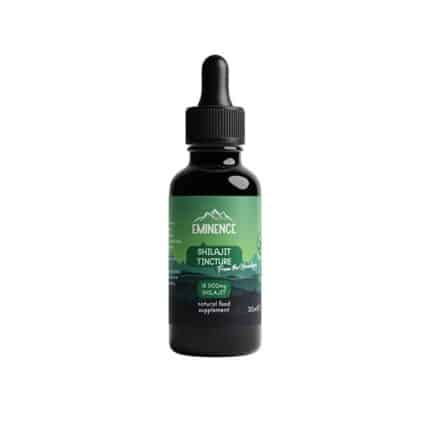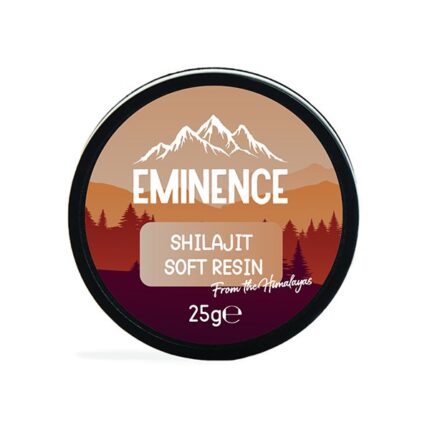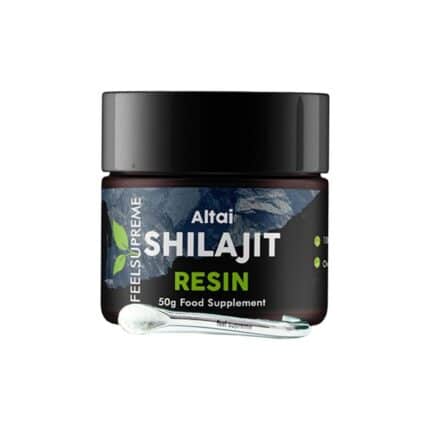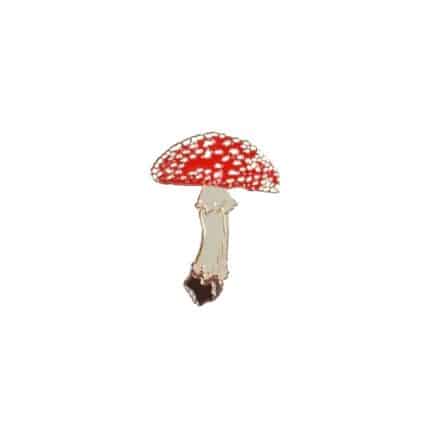
30g Wild dagga flower petals (Leonotis leonurus)
£25.75 inc VAT
Description
.WILD DAGGA
Wild dagga, also known as Leonotis leonurus, is a vibrant and intriguing plant native to South Africa. It’s often referred to as “lion’s tail” due to its striking orange or red inflorescence, which resembles a lion’s tail. Here are some key points about wild dagga:
1. Appearance: Wild dagga is a perennial
shrub that can reach heights of 6 to 10 feet (1.8 to 3 meters). Its tubular flowers are clustered in tall spikes, and they come in various shades of orange, red, or sometimes yellow. The flowers are a favorite among pollinators, attracting bees, butterflies, and hummingbirds.
2. Traditional Use: In its native regions, wild dagga has a history of traditional medicinal use. Indigenous peoples have used it to treat various ailments, including colds, flu, and mild pain relief. It is also believed to have mild psychoactive properties, leading to its occasional use in traditional rituals.
3. Ethnobotanical Interest: Wild dagga has gained popularity among ethnobotanists and plant enthusiasts for its potential psychoactive effects. It contains compounds such as leonurine, which may have mild calming and euphoric properties when smoked or brewed into a tea.
4. Legal Status: The legal status of wild dagga varies by country and region. In some places, it is considered a controlled substance due to its potential psychoactive effects. Before considering its use, it’s important to research and adhere to local laws and regulations.
5. Cultivation: Wild dagga is a hardy plant that can be cultivated in a variety of climates. It prefers well-drained soil and full sun to partial shade. It’s relatively low-maintenance and can attract pollinators to your garden due to its striking flowers.
6. Alternative to Cannabis: Some people have explored wild dagga as an alternative to cannabis due to its reported calming effects. However, it’s essential to approach any psychoactive substance with caution and to consult with a healthcare professional if you have concerns about its use.
Remember that the effects and safety of wild dagga can vary from person to person, and its use should be undertaken responsibly and with awareness of its legal status in your area. If you’re considering using wild dagga for any purpose, it’s advisable to consult with a healthcare provider or a knowledgeable herbalist for guidance.
Related products
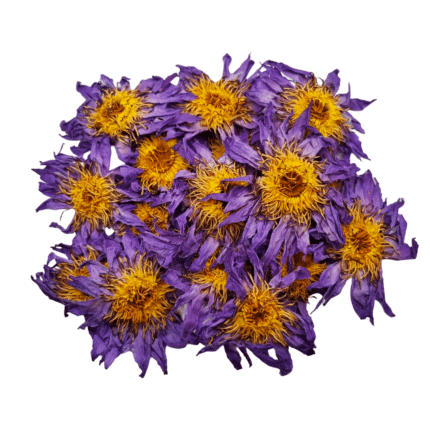
Sacred Whole dried Blue lotus (Nymphaea Caerulea) flowers

Organic Blue Lotus Petals & Stamens
